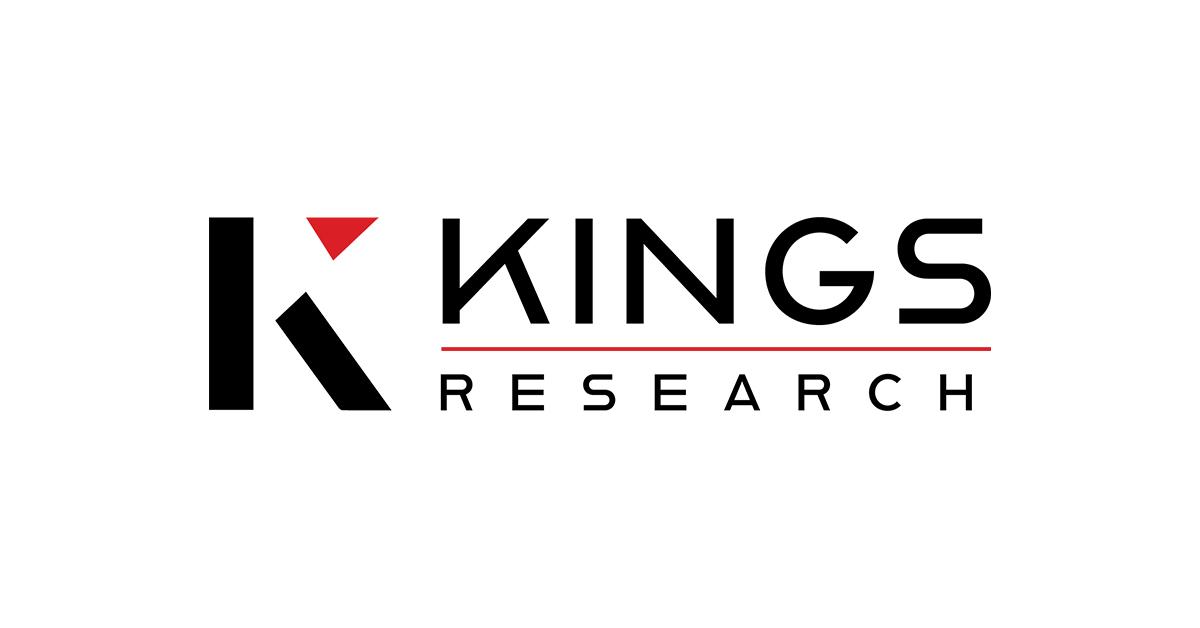Neurology and Brain Care Services at Hospitals in Thane

Neurological health is a key aspect of overall well-being, affecting memory, movement, speech, and quality of life. Conditions related to the brain, spine, and nervous system require timely diagnosis and specialized treatment. Modern hospitals in Thane have dedicated neurology departments offering comprehensive services, from routine consultations to advanced neurosurgical procedures.
This article explores common neurological conditions, diagnostic options, treatment facilities, and the importance of rehabilitation for better patient outcomes.
Why Neurological Health Matters
Neurological disorders can impact daily life in ways that are often subtle at first. Ignoring symptoms like headaches, tremors, dizziness, or memory loss may delay treatment. Neurologists work on early detection and management of:
-
Headaches and migraines
-
Stroke and transient ischemic attacks (TIAs)
-
Epilepsy and seizure disorders
-
Parkinson’s disease and movement disorders
-
Multiple sclerosis
-
Spine disorders like herniated discs
-
Neuropathy caused by diabetes or injuries
Advanced Neurological Diagnostics
Accurate and early diagnosis is critical to preventing long-term disability. Hospitals in Thane offer advanced diagnostic facilities such as:
-
MRI and CT Scan: Detailed imaging of the brain and spine
-
EEG (Electroencephalogram): For seizure and epilepsy evaluation
-
NCV/EMG Tests: To study nerve and muscle function
-
Digital Angiography: For vascular conditions affecting the brain
-
Sleep Studies: For sleep-related neurological disorders
Emergency Neurology Services
Time-sensitive conditions like stroke require immediate medical attention. Hospitals are equipped with:
-
24×7 stroke-ready emergency teams
-
CT scan and MRI facilities available round-the-clock
-
Clot-busting therapy (thrombolysis) within the golden hour
-
Dedicated neuro ICUs for close monitoring
-
Neurosurgical support for traumatic brain injury
Neurosurgical Facilities
Some conditions require surgical intervention, and hospitals offer:
-
Brain tumor removal surgeries (open and minimally invasive)
-
Endoscopic pituitary surgeries
-
Aneurysm clipping and coiling
-
Spine surgeries for slipped disc and spinal cord compression
-
Deep brain stimulation for Parkinson’s disease
-
Pediatric neurosurgery for congenital conditions
Rehabilitation and Post-Treatment Care
Recovery from neurological illness often requires long-term rehabilitation. Hospitals provide:
-
Physiotherapy for mobility improvement
-
Speech therapy for patients with stroke or brain injury
-
Occupational therapy for regaining independence in daily tasks
-
Psychological counseling to manage stress and emotional impact
-
Regular follow-ups for chronic conditions like epilepsy or MS
Lifestyle and Prevention
While some neurological conditions are genetic or age-related, many can be prevented or managed through healthy habits:
-
Adequate sleep to prevent cognitive decline
-
Regular exercise for better blood circulation to the brain
-
Balanced diet rich in omega-3 fatty acids and antioxidants
-
Stress management through yoga and meditation
-
Controlling risk factors like high blood pressure and diabetes
Technology Enhancing Neurology
Modern hospitals in Thane are using technology to improve diagnosis and treatment outcomes:
-
Robotic-assisted neurosurgery for precision
-
AI-based stroke detection for faster treatment decisions
-
3D navigation systems during brain surgeries
-
Minimally invasive techniques for shorter recovery time
FAQs: Neurology in Thane
Q1: When should I consult a neurologist?
If you experience recurring headaches, sudden weakness, dizziness, seizures, or memory problems, it’s best to seek neurological evaluation.
Q2: How quickly should a stroke patient reach the hospital?
Ideally within the first 4.5 hours, as clot-busting treatments work best during this window.
Q3: Are spine surgeries always necessary for back pain?
No, many cases are treated with physiotherapy, medication, and lifestyle changes. Surgery is recommended only when conservative methods fail.
Q4: Can neurological disorders be cured?
Some conditions can be completely treated, while others are managed with medication, rehabilitation, and regular monitoring.
Conclusion
Neurology departments at hospitals in Thane combine expertise, technology, and patient-focused care to treat complex brain and nervous system disorders. Early intervention, advanced diagnostic facilities, and specialized rehabilitation programs make a significant difference in recovery and quality of life.
By staying alert to symptoms and seeking timely care, patients can significantly improve outcomes and reduce the risk of permanent neurological damage.








